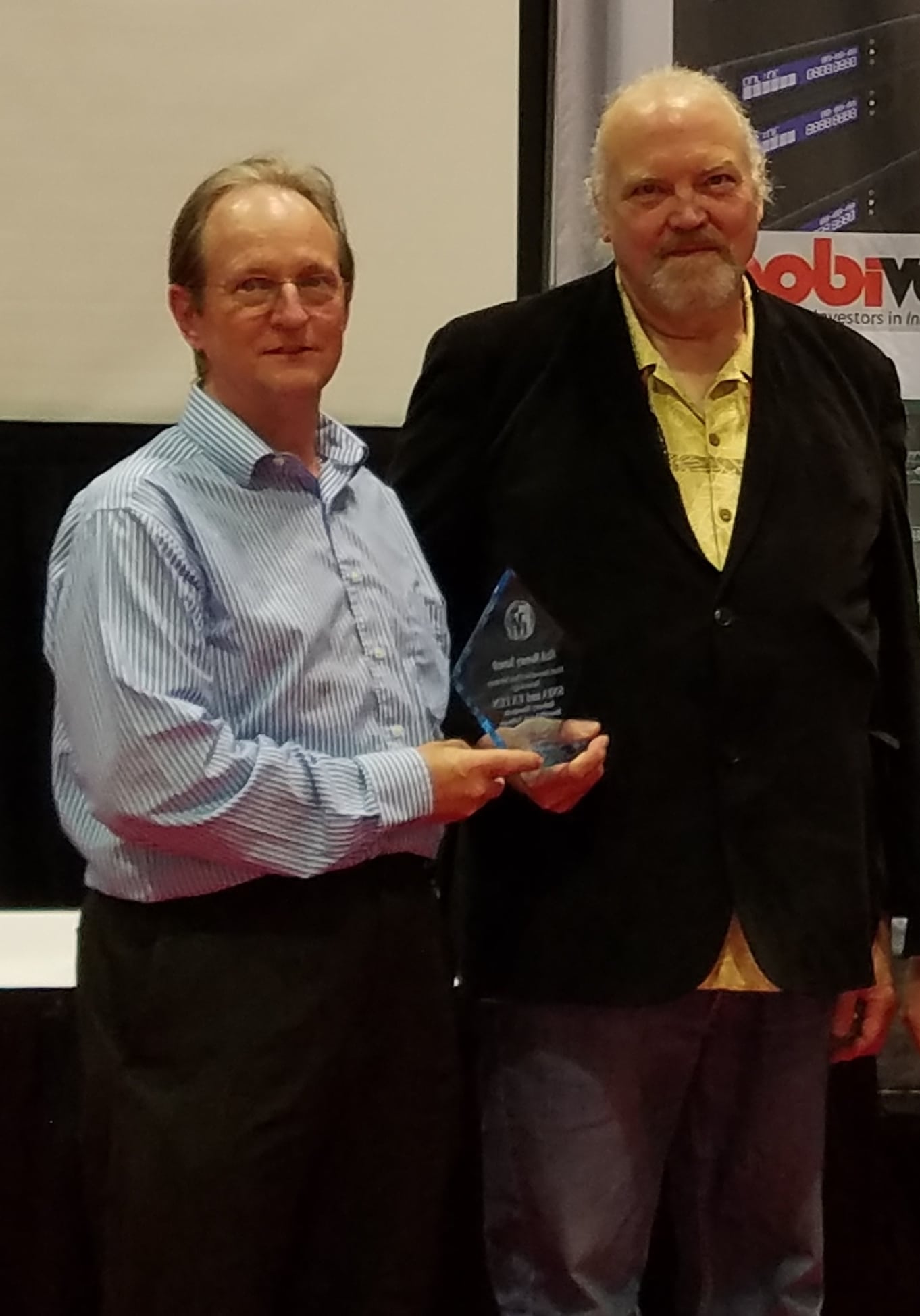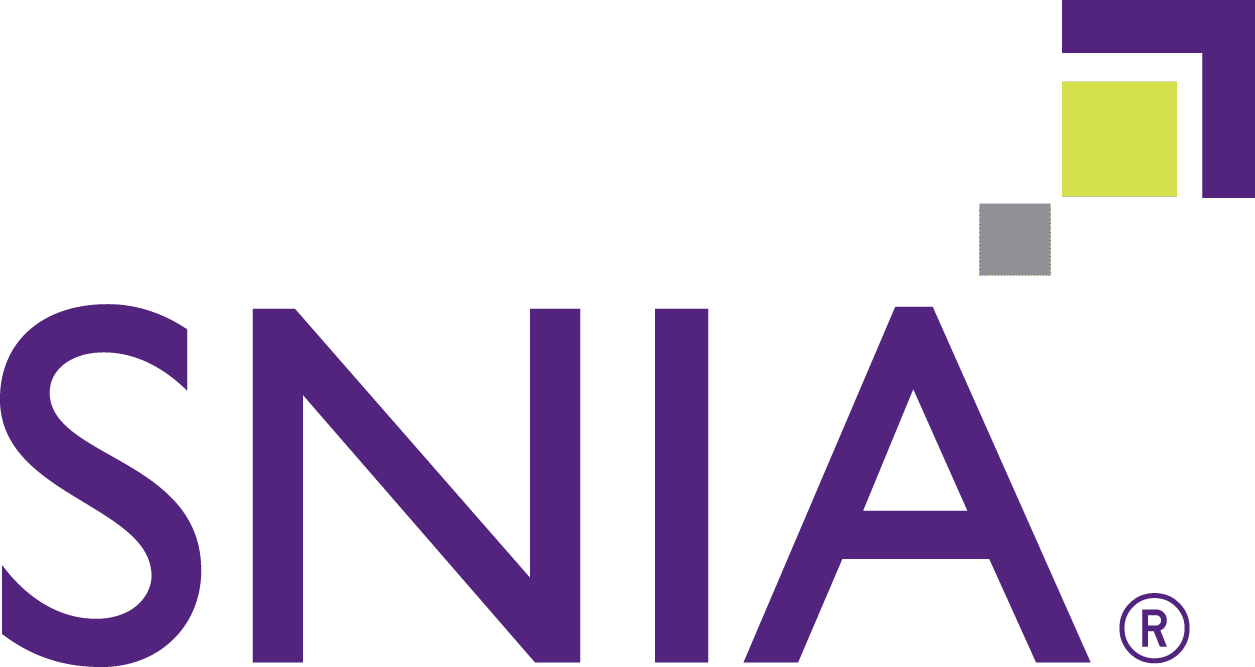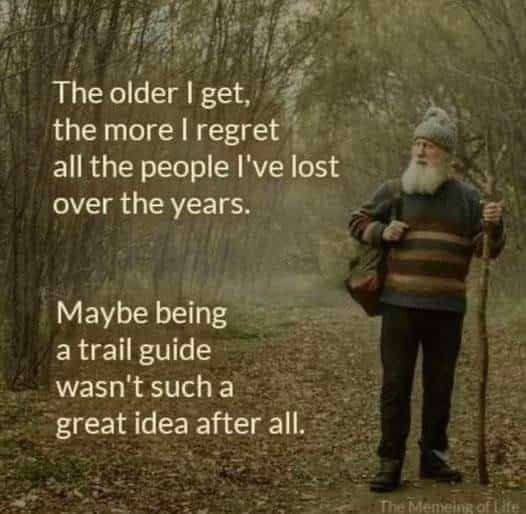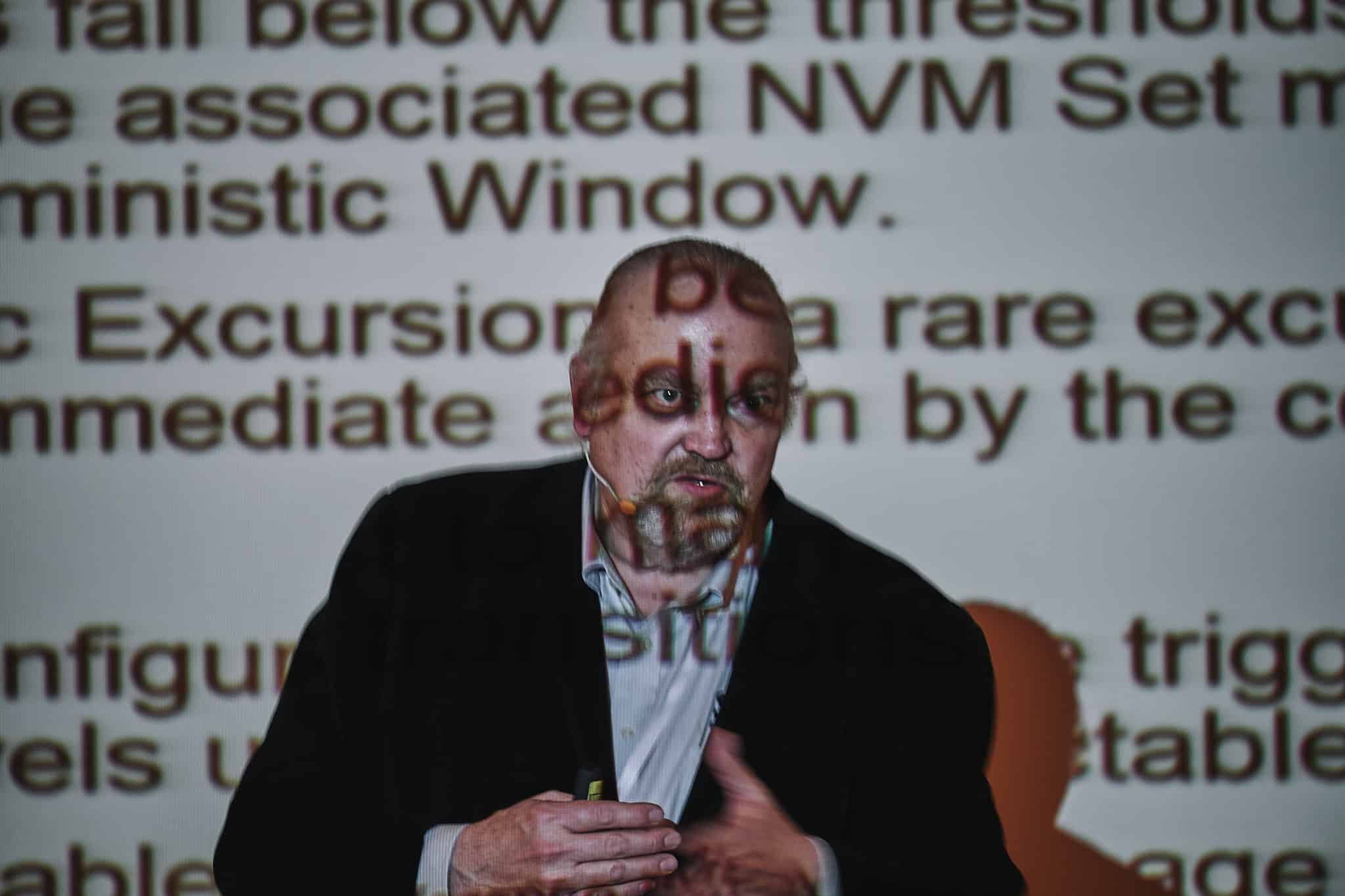
The last few weeks have been pedal-to-the-metal.
I've been putting out a nearly obscene amount of output. I've written nearly 20,000 words on various documents (that few people will likely ever read - the joys of being in tech), I've been pulling 60, 70, even 80-hour weeks. When it rains, it pours; the number of fire-drills has increased almost exponentially.
Then last week I got shocking news and put everything into perspective in a very real way.

A matter of perspective.
As most of the people who read this blog know, since 2020 I've been the Chair of SNIA's Board of Directors. Running an organization with 50,000 end-users, 180 member companies, and 2400 volunteers has a non-trivial impact on my weekly schedule.
SNIA is both a Standards Development Organization (SDO) and a Trade Organization. This dual personality means that there are both highly technical work being done, as well as education and marketing. Every year we put out dozens of specifications, standards, and tutorials - as well as dozens of hours of educational content.
All of this takes a lot of work, and like many organizations this work falls to a surprisingly small number of people. It's my job as Chair to make those peoples' lives easier however I can. After all, they are volunteering their time and expertise. As you can imagine, I need a lot of help.
On the technical side, SNIA has a Technical Council that oversees all of that part of the organization. It's led by two co-Chairs - Bill Martin and Mark Carlson (respectively, in photo below). Anyone who has had to organize a bunch of engineers (who are volunteers, no less) will know that "herding cats" is an understatement.
I've known and worked with both Bill and Mark for fifteen years in various standards bodies, from Fibre Channel to SCSI to NVM Express to, of course, SNIA. Bill and Mark have been at the heart of every storage standard for the past twenty-plus years. Without realizing it, right now you are using technology that they have had a profound impact on developing.

I was on a phone call at the time. I was reviewing presentation materials with some of my work colleagues when it came in. I couldn't answer, so I texted back. "Can I call you later?"
"Horrible news need to talk when you can."
Such was the return text from Michael Meleedy, COO of SNIA. Eight words that will send a chill down anyone's spine. It certainly did mine.
There had been an accident at home, and Mark was in the hospital. The prognosis wasn't just not good, it was dire. Two days later, Mark passed away.
Most of the people in the storage world knew Mark well. Part of this was because the demographic of these groups are typically older, and part of it was that he was an omnipresent force that you couldn't miss him.
We had to determine what to do at SNIA. We had to sit on the news until we knew what was going to happen, but prepare for the worst even while we hoped for the best. Michael crafted a very heartfelt message to go out to the Board, Technical Council, staff and contractors. We felt that it would be best if it came from me.
At the same time, we crafted a memorial page to Mark, which was picked up (and edited) by the StorageNewsletter. All in all, I believe that SNIA (and other organizations who worked with Mark, like NVM Express), responded wonderfully under the circumstances.
But the entire episode has stuck with me and I'm still not sure exactly how to come to grip with these thoughts. I suppose that's why this blog is coming out.

My own relationship with Mark is a strange blend of contention, political opposites, drinking buddies, and mutual respect. We disagreed - a lot.
In this day and age, the very act of disagreement is often taken as a sign of hostility or unbridled, unchecked anger. That's a shame, because disagreement does not have to define a relationship or even mandate how you interact with someone.
As co-Chair of the Technical Council, Mark and I (as Chair of SNIA) clashed on a number of occasions. Some of the conversations got heated, as they are wont to do. As is often the case, discussions frequently centered around the allocation of limited resources that had alternative uses.
I never knew exactly what Mark thought about me or those exchanges, but whenever we met up at a restaurant or a bar afterwards, all the emotion had been left at the conference room table. "Leave it on the field," as they say.
When I published my friend Landon's first-hand account of the Mt. St. Helens eruption in 1980, Mark reached out to me with scans of his mother's own, handwritten, first-hand account. He originally intended for me to read it, merely because he thought I would be interested. When I asked if I could post it and share with others, he seemed genuinely surprised.
To me, this brings a depth and richness to our relationship. I suppose that anyone who has only observed Mark and I in the SNIA or NVMe or T11 meetings would have gotten a very one-sided perspective of the nature of our interactions. It also goes to show just how critical it is to socialize with people outside of those meetings, and also something that was lost during the lockdown years.
Even so, this has left me with many thoughts that I haven't been able to shake.

Even though he was old enough to do so (he was born in 1955), I have a hard time picturing Mark "retired." He certainly didn't act like someone who was preparing for a new lifestyle of leisure. I suppose that he was already doing what he wanted to do, and retirement probably might have just been too much work!
For myself, I'm not yet at that age - I still have a ways to go - but I confess I've often thought about (fantasized?) what it would be like to finally have the time to read, to write, to spend time with my wife and dogs without the need to work 60, 70, even 80 hours a week.
We all react differently to death. A friend sent me the meme/joke you see above, and then immediately apologized. He believed, incorrectly in my view, that it might be perceived as disrespectful. It's as if no one is allowed to laugh - especially at death - after someone has passed away.
I've never believed that. For one thing, Mark was well-known for inappropriate humor at times. It certainly isn't as if he wouldn't have found something funny in the absurd at times like this. For me, when it's my time to go, I hope I leave a lot of reasons for people to laugh at - even at my expense.

This is my favorite picture of Mark. I took this while he was presenting at the Storage Developer Conference (EMEA) in 2018. I love how the shadow of the words perfectly frames his eye.
Speaking of which, this brings me back full circle.
Mark died at a time when I was losing sight of the bigger picture. Everything was taking precedence, my time was not my own. There were deadlines and pressures from running not just SNIA, but other projects (and even another organization), and handling a lot of stress from a number of different sources.
As I have internalized the passing of a colleague with whom I have worked for well over a decade, it's inevitable to contemplate my own mortality, legacy, and my impact on the world.
It has redirected my attention at my work-life balance, and just how far it was getting out of whack. Even now, as I write this, I feel like I'm "borrowing" from time that could be spent finishing up another tech document, planning yet another meeting (that will soon be forgotten), or diving into a deep technical review.
I don't think that Mark had that trouble, honestly. He didn't really do things that he didn't want to do. He loved the technology, loved working in the groups, and was as enthusiastic about his social time and hobbies equally as much.
I suppose if there's one lasting education that he left behind, it was that it is possible to live hard and play hard and still find a balance somewhere.

Comments
Well said my friend. Thank you for this.
Thank you for honoring Mark, J. He can never be replaced. But I would like to think he is helping us all reevaluate our gifts to the world.
Godspeed Mark. Fitting tribute J. Mark will be missed.
OK, J. You have a handle on the problem. What are you going to do about it?